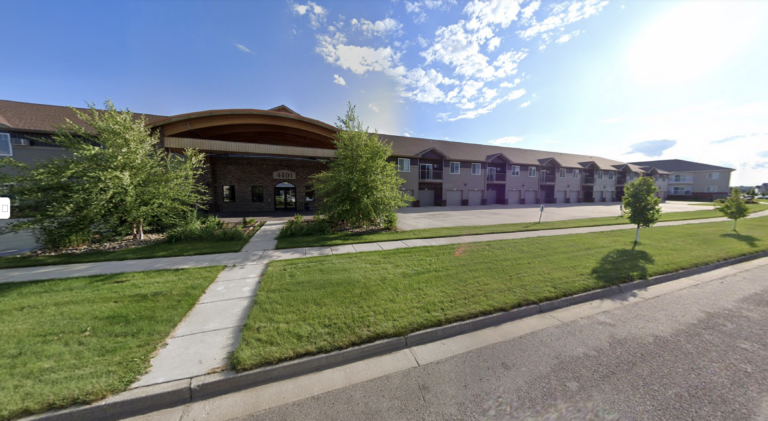
Falling is one of the greatest risks seniors face. According to the U.S. Centers for Disease Control and Prevention, one in four seniors in the United States aged 65 or older falls each year. Falls are also the leading cause of fatal and non-fatal injuries among American seniors. Older adults and their families should take precautions to reduce the risk of falling. Here are a few tips:
1. Reduce Clutter and Make Repairs
Cleaning your house or apartment is one of the easiest ways to help reduce the risk of falling. It’s time to clear out or put away any boxes, small items on the floor, excess electrical cords, and other items you may trip over. Ask someone to help you, especially if you have trouble reaching down to the ground.
Find Senior Living Near Me
Additionally, take note of any throw rugs, loose carpets that may bunch up, or bath rugs that come up easily. Consider throwing these away, or securing them to the floor with rubber rug pads that will keep carpets in place.
Move anything from top shelves that you’ll have to reach for or stand on a stepstool to reach. In the kitchen, move any pots and pans, dishes, or glasses to lower shelves that can be more easily accessed.
2. Install Handrails and Grab Bars
If you need help standing up or moving around, or if you foresee this happening in the near future, install handrails and grab bars in places you struggle. Grab rails inside and outside the shower or bath, as well as along staircases, are some of the most popular places to utilize these aids. Also consider rails and bars near the toilet, along hallways and near your favorite chair or sofa to help you get on your feet with ease and, most importantly, with lower risk.
Ask family members or a professional to help you install guards and rails.
3. Use Nonslip Mats
The bathroom and kitchen are some of the most common places older adults can fall. You’re at a higher risk of falling with tile and slippery floors that attract water. Start with the shower or bathtub—even younger adults sometimes use nonslip mats to avoid falling, so seniors especially should take this as a first step. A chair in the shower is even safer and may make bathing more comfortable. Reduce risk by limiting your standing time in a wet environment.
The kitchen is a great spot for nonslip mats, too. Even a small water spill can create a higher risk of slipping and falling. Some good spots to place a mat include beneath sinks and counters.
4. Avoid Stairs
It’s best for seniors who have mobility problems to avoid stairs altogether, so if feasible, find an apartment or house that has only one level.
If this isn’t possible, following the tip above and installing handrails along the stairs is especially important. If your mobility level won’t allow for safe stair use but you still need to access a second floor, a seated stairlift is a great option.
Check with your insurance company and explore Medicare options to help cover the cost of a stairlift.
5. Improve Lighting
Seniors need to see where they’re going when walking around their homes. Change light bulbs around your house to a higher wattage to more brightly light your living environment. Ask someone to help you change light bulbs in ceiling fixtures.
Brighter lights will help you see any hazardous items on the floor that you may trip over and can also help if you have vision problems. You can use a timer to make sure all lights come on as the sun sets and plug in a night light in your bedroom to help if you need to get a drink of water or go to the bathroom during the night. Keep another night light to guide you in the hallway to the bathroom or kitchen, and inside these rooms as well to make sure your path is always well lit.
6. Visit the Eye Doctor
It’s important to take care of yourself and visit doctors regularly, and that includes the optometrist. Eyesight often deteriorates with age and can happen more rapidly than it did in your youth. If you notice yourself squinting, having trouble reading or watching television, it’s time for a checkup, even if it’s before your regularly scheduled appointments.
You may need a stronger prescription or other treatments to handle vision problems such as glaucoma.
7. Take Caution While Moving
Walking quickly or trying to stand up too abruptly from a chair or couch may increase your risk of falling. This will vary from one person to another, of course, as different seniors have different levels of mobility. In general, it’s best to slow down a bit as you age to ensure your safety.
It’s smart to install guard rails near your favorite relaxing spots to assist you, and use chairs that don’t sag, making it easier to get to your feet.




